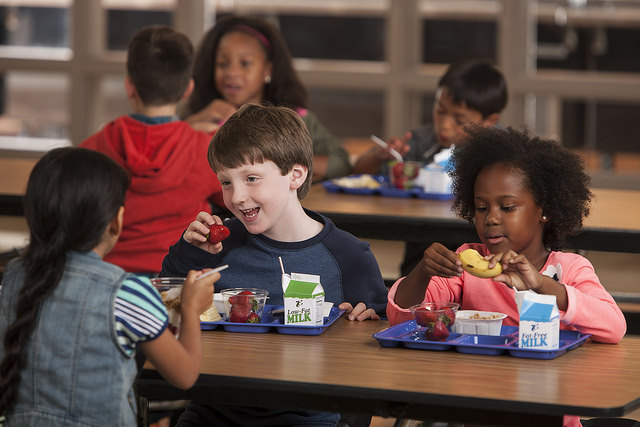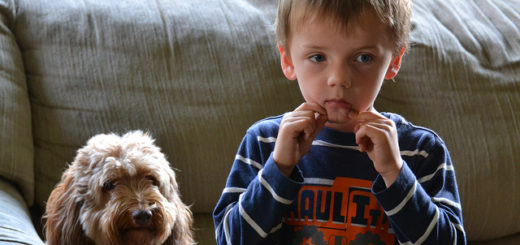Third Culture Kids
In our mobile world millions of people live in a place where they are not born. What happens to their kids? These children are a growing community, they are called Cross-cultural (CCK) or Third culture kids (TCK), meaning they grow up in a culture different than their parents. Here is how to help these children and young people as they grow up abroad.

A third culture kid is an individual who has spent a signi&cant part of his or her developmental years in a culture other than that of the parents, resulting in integration of elements from both the host culture and parental culture into a third culture.
Benefits And Challenges Of Growing Up As Third Culture Kids
A third culture individual has spent a significant part of his or her developmental years in a culture other than that of the parents, resulting in integration of elements from both the host culture and parental culture into a third culture.
I realise as I write this post that, as I went to a French school when my parents did not speak a word of French, I am a TCK and I had not even known it! There are several ways children become third culture kids. One of them is living abroad but that is not the only one:
1) When every few years they move from country to country with their parents’ work.
2) When they are the children of first, second or third generation immigrants or refugees.
3) When they are born into bi-racial or bi-cultural union.
4) When they belong to a minority.
5) When they are adopted by a family from a different country of their own.
6) When they go to a different school than the majority around them where they learn a new language and culture unlike their family’s.
There are many advantages of being a TCK in general as well as growing up abroad:
1) People develop an awareness and adaptability to cultural diversity
2) They become observant and more autonomous.
3) They live in the moment.
4) Some become less judgmental.
5) They tend to communicate more easily with people who are different from them.
6) They adapt to new environments.
7) They are good travellers.
8) They speak more than one language.
9) They are open minded and smarter than average. One University of Michigan study found that the average TCK will grow up to achieve a higher level of educational and professional success than their domestic peers.
10) Because they are unique they do not fit in the stereotypes.
As with everything in life growing up abroad or in a different cultural context than one’s family as third culture kids has its challenges as well:
1) Confusion about their identity, not knowing where they belong, not having a stable community.
2) Breaking all contact with friends after saying goodbye, as it hurts too much.
3) Feeling rootless, not knowing where home is.
4) Other kids finding it difficult to relate to them contributing to a sense of isolation.
5) Feeling like a victim.
Special Needs of Those Growing Up As Third Culture Kids
We need to know who we are personally and culturally. As this process of identifying with a personal and cultural context is complicated for third culture kids it can come out in different ways.
The experts identify three common coping mechanisms kids display when they are confused about their identities:
1) Chameleon response: They walk around with a mask, trying to fit in at all costs in order to be accepted. They hide aspects of themselves to be like others around them.
2) Screamers: They assert their differences aggressively. They suffer and show their pain by rebelling.
3) Wall flowers: These kids freeze themselves in time, they do not try, waiting in the safety of their cocoon until it is safe to move out.
Here is how you can help third culture kids:
1) Normalise their story.
2) Help them accept and process their grief over their invisible losses.
3) Identify the advantages of life for them.
4) Prepare them for the transitions, by creating portable roots.
5) Help them celebrate and be proud of their uniqueness.
6) Redefine the concepts of identity and home, to include their experiences.
A TCK motto is: ‘I can take my difference and make a difference.’
After all aren’t TCK’s like Barack Obama, Colin Firth and Elif Şafak amongst many others, proof of this?
Third Culture Kid or not, let’s not try to get our kids to fit in stereotypical boxes of any kind, rather help them growing up abroad or as third culture kids in general, to be their unique selves, which is going to be their real strength in life when we are not around to support them.
Attribution 2.0 Generic (CC BY 2.0)image:U.S. Department of Agriculture




